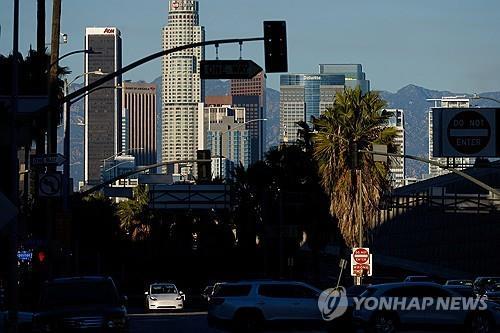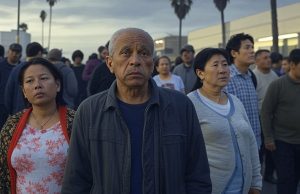Los Angeles’ recent transportation policies are drawing widespread criticism for being disconnected from residents’ daily realities. Critics argue that the city is pushing transit-oriented policies without considering LA’s car-dependent nature.
Policies Divorced from Reality
While the City of Los Angeles continues to pursue environmentally friendly initiatives like ‘Vision Zero’ and ‘Mobility Plan 2035′ to build sustainable transportation systems, these policies are facing backlash for failing to reflect residents’ actual living patterns.
Recent surveys indicate that 67.4% of citizens still rely on personal vehicles for their commute, with 45% completely dependent on cars for transportation. Small business owners, in particular, emphasize that vehicle use is essential for their operations.
City Council’s Ideological Composition
The disconnect between policy and reality may stem from the City Council’s current composition. Recent elections have increased the proportion of council members with backgrounds in labor and social movements, who tend to prioritize environmental protection and social justice initiatives.
“The current council consists of idealists lacking practical experience, making it difficult to effectively address complex urban issues,” noted one urban policy expert.
Ineffective Public Transit Initiatives
Despite the city government’s efforts to expand public transportation, ridership hasn’t significantly increased. In fact, public transit usage plummeted during the COVID-19 pandemic and has yet to recover to pre-pandemic levels as of 2022.
Rising Public Discontent
These policies have sparked growing frustration among residents, particularly small business owners and entrepreneurs. “Policies restricting vehicle use are threatening our livelihoods,” said one small business owner.
Experts suggest that while Los Angeles should maintain its environmental protection and sustainability goals, it needs to recalibrate its policies to better balance these objectives with residents’ actual living patterns and economic realities.
The city’s response to these criticisms and potential policy adjustments will be closely watched in the coming months.


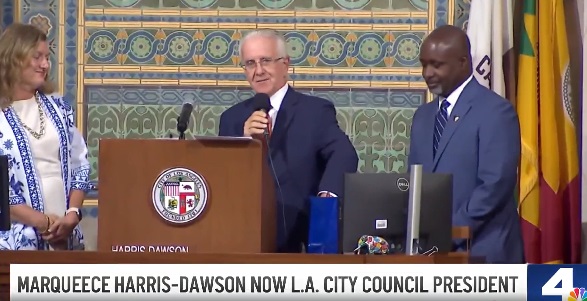

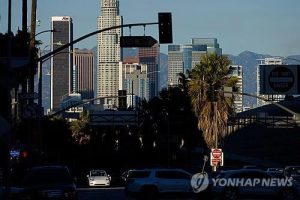







































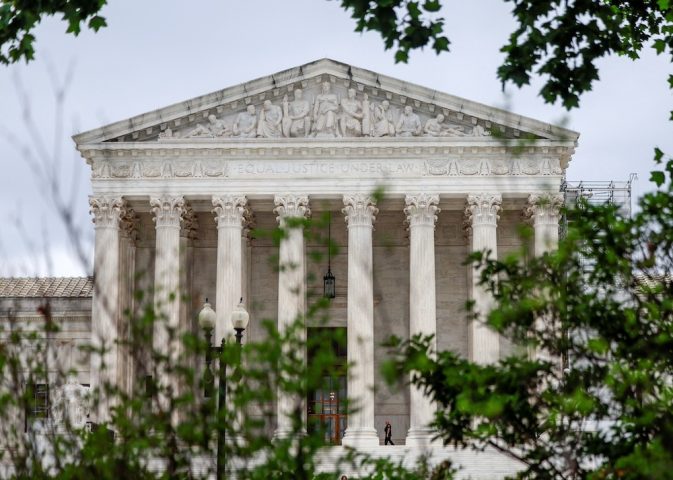







 3년새 숫자 2배 이상 증가
3년새 숫자 2배 이상 증가










